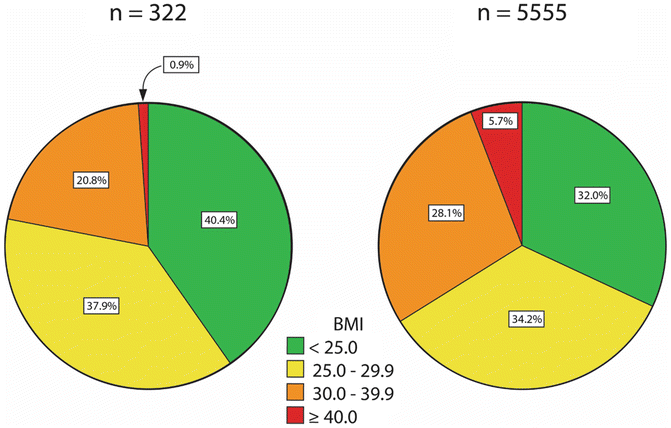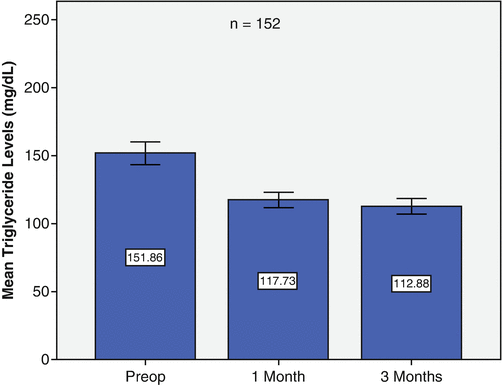Liposuction And Metabolic Syndrome

Klein and colleagues june 17 issue 1 report an absence of effects of abdominal liposuction on cardiovascular risk factors inflammatory markers and insulin resistance in obese wome.
Liposuction and metabolic syndrome. According to the latest findings liposuction reduces the amount of subcutaneous fat which changes the abdominal superficial adipose tissue ratio and thus might affect the potential of metabolic syndrome by the means of its separate parameters and clinical manifestations. Researchers and plastic surgeons are hot on the path of learning whether eliminating belly fat with liposuction can reliably reverse metabolic syndrome and in particular whether liposuction can be the tool that brings this about. Traditionally liposuction would use the wand and push through the treated area breaking the. Triglyceride levels of 150 mg dl or greater are known to be associated with an increased cardiovascular risk and metabolic syndrome.
That has been disproven. Affected individuals are most often overweight or obese an association between certain metabolic disorders and cardiovascular disease has. Metabolic syndrome is the condition linked to those disease states above and evidenced by belly fat. Smartlipo is a newer type of liposuction that is having a lot of success.
Abdominal obesity is associated with metabolic risk factors for coronary heart disease chd. For a time the reduction in subcutaneous fat from liposuction was thought perhaps to have some beneficial effect vis a vis metabolic syndrome type ii diabetes and prediabetic state. What it does is literally liquefy the fat cells in the area being treated. This study investigated the effect of liposuction and abdominoplasty on lipid levels complete blood count and other parameters.
Metabolic syndrome is the name for a group of risk factors that raise your risk for heart disease and other health problems such as diabetes and stroke the term metabolic refers to the biochemical processes involved in the body s normal functioning. These metabolic factors include insulin resistance hypertension high blood pressure cholesterol abnormalities and an increased risk for blood clotting.

















